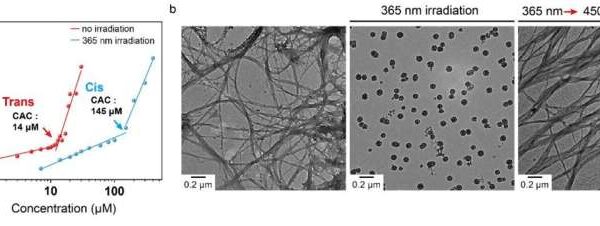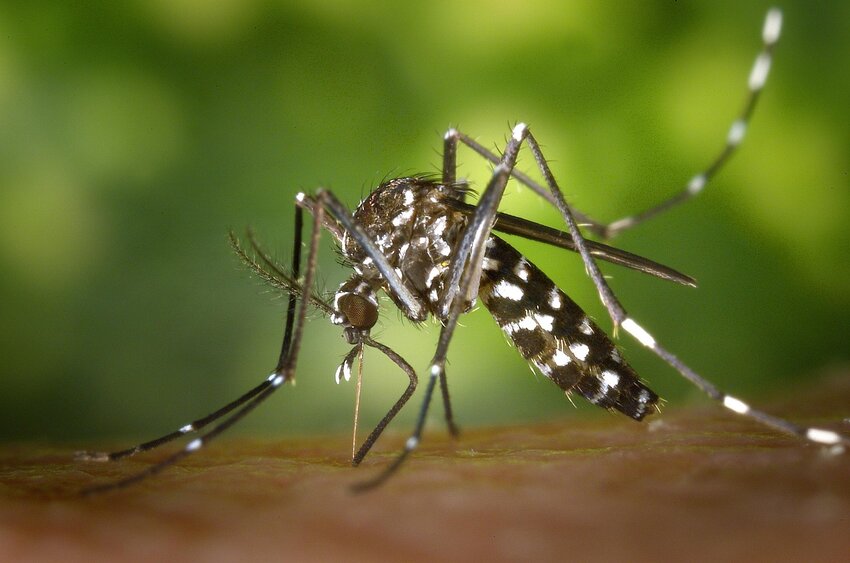A resident of Yakima County has been diagnosed with West Nile virus disease, marking the first human case of the virus reported in Washington state this year. The Yakima Health District confirmed the case in a news release issued on September 15, 2023, indicating that the individual likely contracted the virus through mosquito bites in the region.
This case follows an earlier report from the Washington State Department of Agriculture, which identified West Nile virus in a horse from Yakima County on the same day. Such occurrences are not uncommon in Washington, particularly in areas where warm summer temperatures create favorable conditions for mosquito breeding.
West Nile virus is primarily transmitted through mosquito bites. While most individuals infected with the virus remain asymptomatic, some may experience symptoms that include fever, headache, body aches, joint pains, vomiting, diarrhea, and skin rashes. In rarer instances, the disease can lead to serious illness, underscoring the importance of preventive measures.
Preventive Measures Encouraged
The Yakima Health District is advising residents to adopt various strategies to mitigate the risk of mosquito-borne diseases. Recommended precautions include staying indoors during dawn and dusk when mosquitoes are most active, using mosquito repellent, and wearing long sleeves and pants in areas where mosquitoes are present. Residents are also encouraged to eliminate sources of standing water, which serve as breeding grounds for mosquitoes.
There is currently no vaccine available for humans to protect against West Nile virus, making these preventive measures particularly vital. For further information, residents can visit the Washington State Department of Health’s dedicated West Nile virus webpage, which provides additional resources and updates on the disease.
As the summer season progresses, the Yakima Health District and other health authorities will continue to monitor the situation closely. Public health officials emphasize the importance of community awareness and action to reduce the likelihood of further cases of West Nile virus in the region.





































































